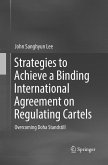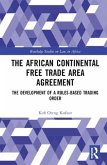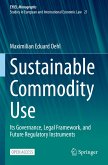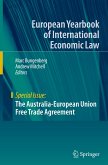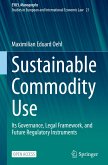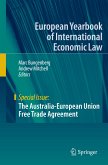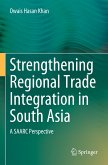This book delves into the intriguing paradox of China's position in international trade law. Although China is an active member of the World Trade Organisation (WTO) engaging in substantial trade, tensions with trading partners may also arise. In this context, the book explores the legal principles informing Chinese Free Trade Agreements (FTA) and aims to answer the pivotal question: What drives China's FTA strategies?
With unique analytical methods and a novel theoretical framework, this book sheds light on China's FTA strategies, challenging prevailing notions about State intervention in the economy and offering a nuanced perspective on China's position in the world trading system. By exploring how Chinese FTAs align with developmental State and socialist market economy principles, the book contributes significantly to the fields of international economic law generally, and Chinese law specifically.
Readers, especially those interested in international trade law and China's economic policies, will benefit from gaining a deeper understanding of the principles guiding China's FTA strategies and their contrast with leading liberal regimes like the WTO, the United States, and the European Union. This thought-provoking and pioneering book presents a fresh perspective on China's role in the global trade landscape. It is thus an essential resource for anyone curious about the interaction between China's distinctive political economy and the transforming international economic order.
With unique analytical methods and a novel theoretical framework, this book sheds light on China's FTA strategies, challenging prevailing notions about State intervention in the economy and offering a nuanced perspective on China's position in the world trading system. By exploring how Chinese FTAs align with developmental State and socialist market economy principles, the book contributes significantly to the fields of international economic law generally, and Chinese law specifically.
Readers, especially those interested in international trade law and China's economic policies, will benefit from gaining a deeper understanding of the principles guiding China's FTA strategies and their contrast with leading liberal regimes like the WTO, the United States, and the European Union. This thought-provoking and pioneering book presents a fresh perspective on China's role in the global trade landscape. It is thus an essential resource for anyone curious about the interaction between China's distinctive political economy and the transforming international economic order.


